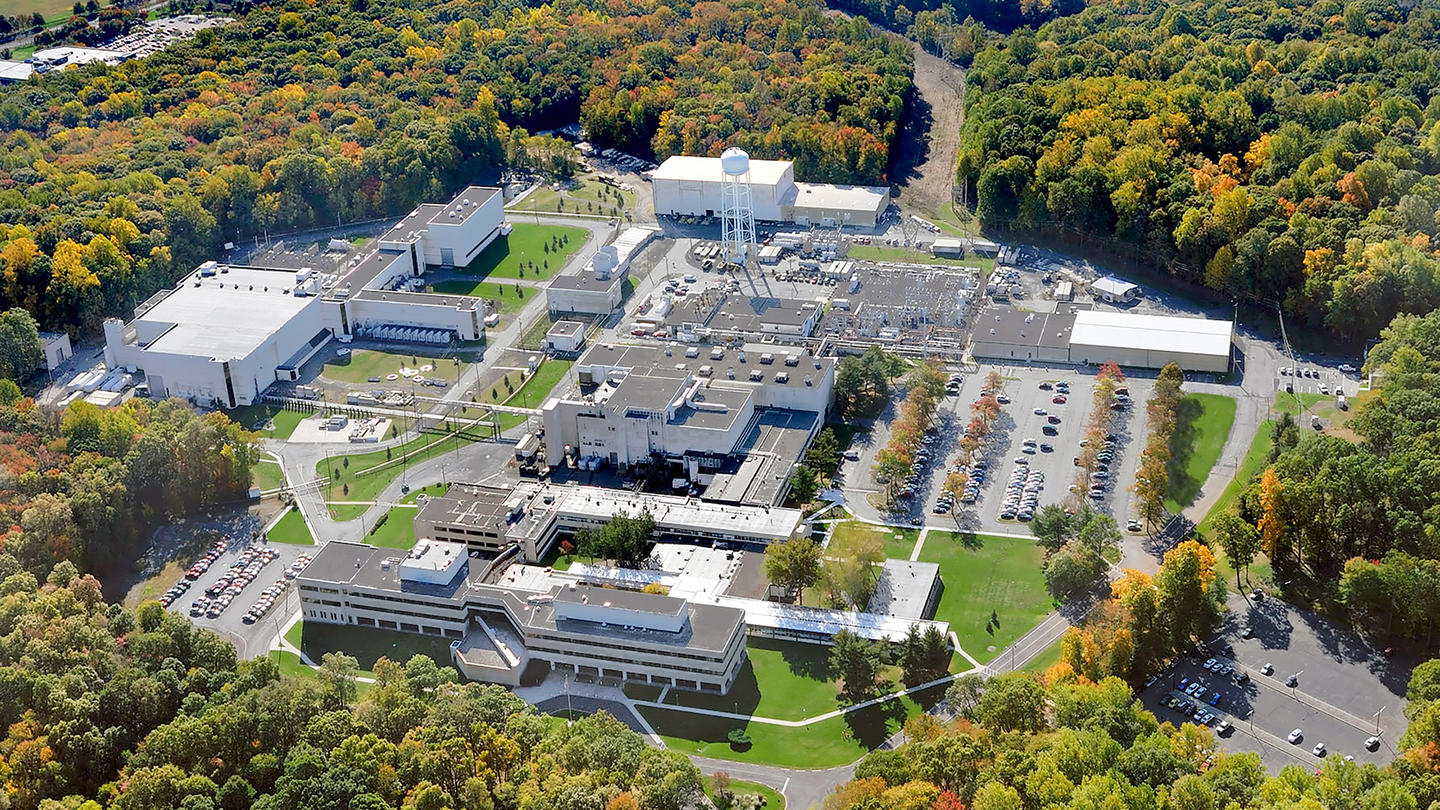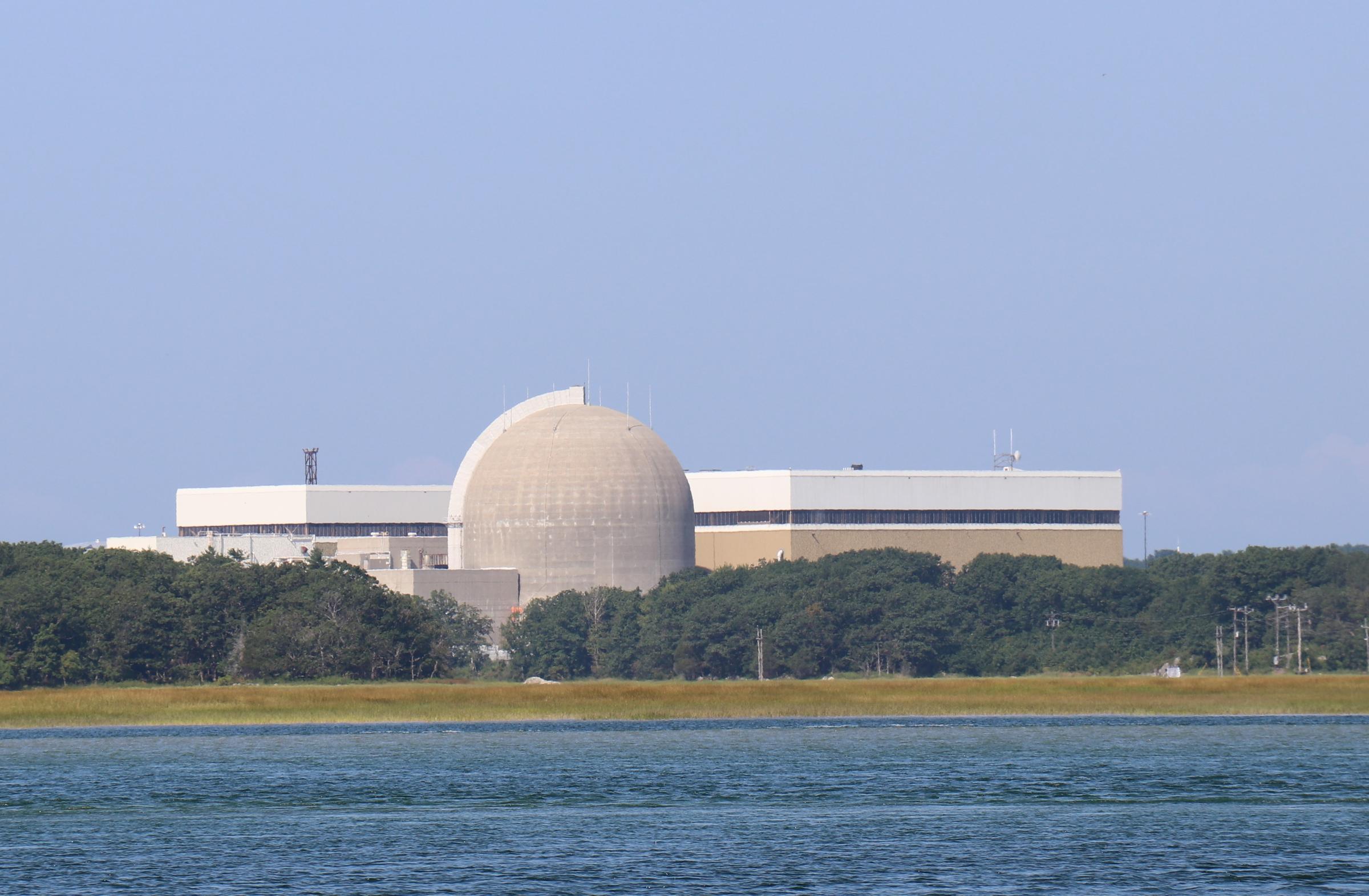In a significant development that underscores the enduring bond between India and Russia, the two nations have inked crucial agreements for the future units of the Kudankulam Nuclear Power Project in Tamil Nadu. The announcement came during the visit of Indian Foreign Minister Subrahmanyam Jaishankar to Russia, marking a milestone in the longstanding collaboration between the two nations in the realm of nuclear energy. This article delves into the details of the agreement, explores the historical context of the Kudankulam project, and examines the broader geopolitical implications of India’s collaboration with Russia in the nuclear domain.
The Genesis of the Kudankulam Nuclear Power Project
The Kudankulam Nuclear Power Project, situated in the southern state of Tamil Nadu, represents a collaborative effort between India and Russia that spans nearly two decades. The construction of the initial two units began as part of a comprehensive project that aimed to harness nuclear energy for India’s growing power needs. The project’s inception marked not only a technological collaboration but also a testament to the diplomatic and strategic ties between the two nations.
Crucial Agreements for Future Units
Foreign Minister Subrahmanyam Jaishankar, currently on a diplomatic mission in Russia, announced the signing of pivotal agreements for the future units of the Kudankulam Nuclear Project. The agreements were formalized in the presence of Deputy Prime Minister Denis Manturov, emphasizing the significance both countries attach to this joint venture. While specific details of the agreements were not disclosed, the move underscores the commitment to advancing nuclear energy cooperation between India and Russia.
Bilateral Talks and Broader Geopolitical Context
Jaishankar’s visit to Russia goes beyond the nuclear realm, with planned talks with his Russian counterpart Sergei Lavrov covering a spectrum of issues. Bilateral ties, conflicts in Ukraine and Gaza, and matters related to groups such as BRICS are on the agenda. The diplomatic discussions between the two nations will likely delve into the multifaceted nature of their relationship, ranging from economic cooperation to geopolitical alignments.
India’s Stance on Russia-Ukraine Conflict
A noteworthy aspect of India’s diplomatic posture is its refusal to condemn Russia over the conflict with Ukraine. Despite global divisions on the issue, India has maintained a steadfast position, emphasizing its longstanding ties with Russia. The signing of agreements for the Kudankulam Nuclear Power Project adds a strategic layer to this relationship, showcasing India’s commitment to fostering collaboration even in the face of international tensions.
Geopolitical Implications and Energy Security
The collaboration on the Kudankulam project carries significant geopolitical implications. As India diversifies its energy sources to meet the demands of its rapidly growing economy, partnerships in the nuclear sector become pivotal. The strategic alignment between India and Russia in this domain not only contributes to India’s energy security but also solidifies the diplomatic ties that have endured for decades.
Nurturing Diplomatic Bonds and Powering Progress
The signing of agreements for future units at the Kudankulam Nuclear Power Project represents more than a technological pact; it is a testament to the enduring friendship between India and Russia. As the world grapples with geopolitical shifts, this collaboration underscores the resilience of diplomatic ties forged over decades. The Kudankulam project, with its roots in history and eyes on the future, symbolizes the fusion of energy ambitions and international cooperation, creating a pathway for shared progress and sustainable development.





